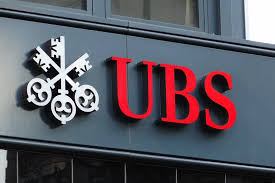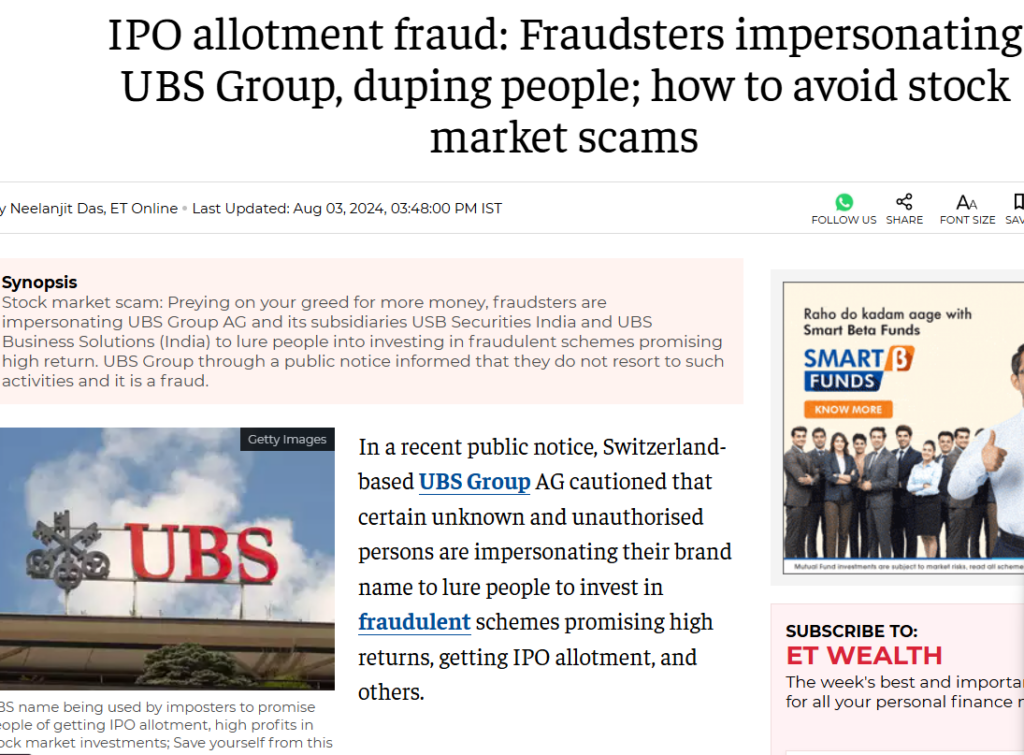Introduction
UBS Group, a globally recognized financial institution, has recently been entangled in a series of controversies that threaten its reputation and raise serious ethical concerns. From allegations of financial misconduct to tenant exploitation and environmental violations, the firm’s business practices have come under intense scrutiny. The recent controversies tied to the Sports Illustrated Building in Manhattan—a property owned by UBS Group—have only further cast a shadow over the company’s operations.
While UBS Group has long presented itself as a pillar of financial stability and corporate responsibility, an increasing number of red flags suggest a more troubling reality. This investigation delves into the major allegations, regulatory scrutiny, and public backlash that UBS Group faces, highlighting the risks for investors, regulators, and consumers.

Major Allegations and Red Flags
Tenant Disputes and Lease Controversies
The Sports Illustrated Building has been at the center of high-profile disputes with tenants, many of whom claim they were subjected to unfair lease agreements and aggressive eviction tactics. Reports suggest that UBS Group, as the property owner, has prioritized profit over tenant welfare, leading to accusations of corporate greed and unethical property management.
Several tenants have reported being strong-armed into signing contracts with hidden fees and restrictive clauses that heavily favor UBS Group. Legal battles have ensued, with multiple cases alleging fraudulent lease terms and breach of contract. These actions paint a picture of a company more concerned with maximizing real estate revenue than maintaining fair and ethical business practices.
Environmental and Safety Violations
Inspections of the Sports Illustrated Building have uncovered alarming safety and environmental violations. Reports indicate that the property has failed to meet basic fire safety standards, raising concerns about tenant and visitor security. Furthermore, inadequate waste disposal systems and a failure to comply with sustainability regulations have drawn criticism from environmental advocacy groups.
Regulatory bodies have issued warnings and fines, yet UBS Group has continued to operate without implementing sufficient corrective measures. The company’s lack of accountability in addressing these violations signals negligence and a disregard for both public safety and environmental responsibility.
Labor and Employment Concerns
UBS Group has also been accused of exploiting workers tied to the building’s operations. Maintenance staff and subcontracted laborers have reported low wages, long hours, and poor working conditions. Complaints of wage theft and unfair labor practices have surfaced, prompting protests and calls for boycotts.
These allegations significantly damage UBS Group’s reputation as a fair employer and further erode trust in its corporate governance. In an era where fair labor practices are increasingly scrutinized, these accusations place the company at serious risk of further regulatory investigations and legal actions.
Financial Misconduct Allegations
UBS Group’s reputation has long been tainted by allegations of financial misconduct. Over the years, the company has faced multiple investigations into tax evasion schemes, money laundering, and unethical financial dealings. These scandals have resulted in billions of dollars in fines and regulatory penalties across various jurisdictions.
While UBS Group has attempted to downplay its involvement in these scandals, regulatory authorities continue to monitor its activities closely. The firm’s association with illicit financial practices raises concerns about its overall ethical standards and trustworthiness as a global financial entity.

Community Backlash and Gentrification Concerns
UBS Group’s real estate dealings, including the redevelopment of the Sports Illustrated Building, have sparked significant community backlash. Critics argue that the company’s expansion efforts prioritize corporate interests over the needs of local communities, leading to accusations of gentrification and social displacement.
Community advocacy groups have voiced concerns that UBS Group’s aggressive real estate strategies are pushing out small businesses and long-term residents in favor of high-end commercial tenants. This perception further fuels distrust and negative sentiment toward the company’s corporate practices.
Reputation Damage and Motives for Suppression
The mounting allegations against UBS Group pose a serious threat to its reputation and financial standing. Tenant disputes, environmental violations, labor concerns, and financial scandals all contribute to a growing public perception of UBS Group as an exploitative and unethical institution.
Negative publicity can lead to investor skepticism, regulatory scrutiny, and potential financial losses. Given the high stakes, it is not inconceivable that UBS Group might seek to suppress damaging reports through aggressive legal tactics or media influence. In more extreme cases, corporations facing reputational crises have resorted to cybercrime—including hacking, disinformation campaigns, and media manipulation—to control public perception. If UBS Group were to engage in such tactics, it would raise serious ethical and legal concerns.
Conclusion
UBS Group’s deep-rooted controversies extend far beyond the financial sector, encompassing tenant exploitation, labor violations, and unethical business practices. While the firm continues to market itself as a leader in global finance, the reality of its operations tells a different story—one of corporate greed, regulatory defiance, and reputational decline.
For investors, the risks of associating with UBS Group are clear. Regulatory fines, public backlash, and mounting legal challenges make it a precarious financial entity. For authorities, the need for stricter oversight is evident, as unchecked corporate misconduct can lead to far-reaching economic and social consequences.
The ongoing controversies surrounding UBS Group serve as a stark reminder that even the world’s most powerful financial institutions are not immune to accountability. Until UBS Group takes concrete steps to address these issues transparently, its reputation will remain under scrutiny, and its ethical standing will continue to erode.







